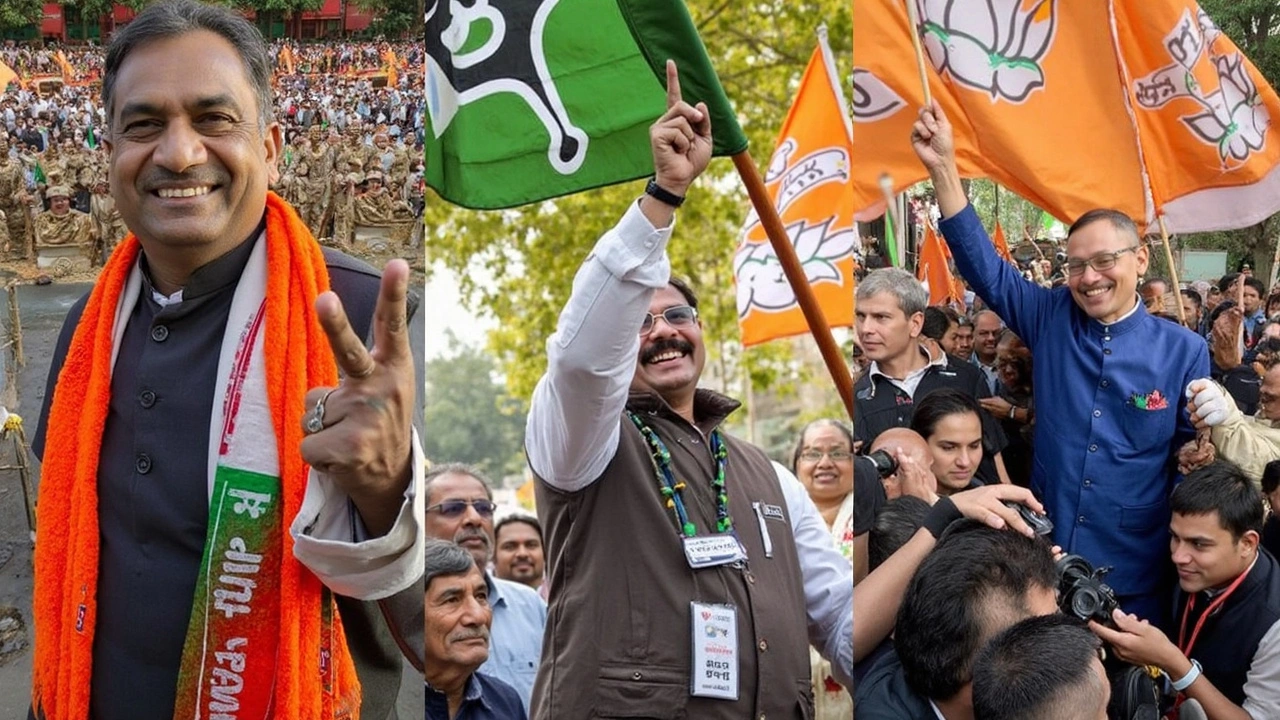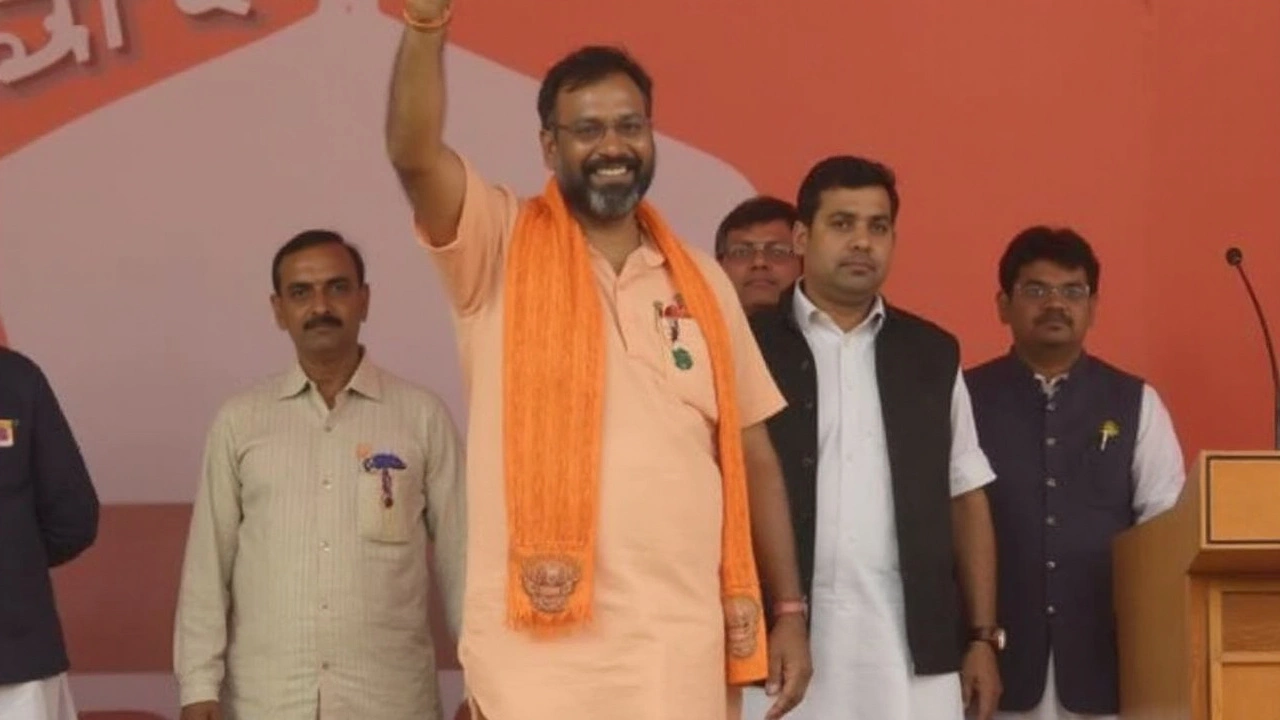The political landscape of Delhi witnessed a seismic shift with the Bharatiya Janata Party (BJP) emerging victorious in the 2025 Delhi Assembly elections. After a long hiatus of 27 years, the BJP has seized control, marking the end of the Aam Aadmi Party’s (AAP) decade-long dominance. Securing a two-thirds majority, the BJP led in 48 constituencies, while AAP managed only 25 seats.
The Strategic Maneuvers Behind BJP's Victory
The BJP's win was no accident but rather a result of calculated strategies. A key cornerstone of their approach was targeting slum dwellers. The party promised permanent housing and preserved free utilities, incentives that significantly undermined the AAP’s voter base. Traditionally, the Dalit community, which comprises 20% of the electorate, leaned towards the AAP. However, the BJP managed to sway a portion of these votes, building on momentum from their success in the 2024 Lok Sabha elections.
Polarisation dynamics played out as well, particularly in Muslim-majority localities such as Mustafabad and Karawal Nagar. Candidates Mohan Singh Bisht and Kapil Mishra won decisively, utilizing counter-polarisation strategies effectively in these areas.
The middle-class, frustrated with the crumbling infrastructure, persistent air pollution, and murky water quality issues, turned to the BJP. Approximately 40% of this demographic, particularly from Outer and Western Delhi, shifted their support, driven by these unresolved problems.
An interesting aspect of BJP's campaign was their strategy around freebies. By promising Rs 2,500 per month for women, they topped AAP's offer, appealing to economic sensibilities and ensuring the continuation of popular schemes from the AAP era.

Challenges and Missed Opportunities for AAP
The AAP faced significant hurdles that contributed to their decline. Anti-incumbency played a significant role, with corruption scandals, notably the 'Sheesh Mahal' controversy, tarnishing Arvind Kejriwal’s reputation. This allowed the BJP to push a narrative contrasting ‘good governance’ with perceived ‘misrule.’
The issue of voter fatigue also emerged as a critical factor. Persistent problems such as ineffective garbage management and roads riddled with potholes left urban residents detached and looking for alternatives.
Adding to this equation was the potent presence of Prime Minister Narendra Modi. His 'double-engine' government narrative, which promised to align Delhi's local development with central government initiatives, resonated strongly with voters.
Meanwhile, the Congress continued to face struggles, marking another election with limited impact. Despite having once ruled from 1998 to 2013, they have not managed to regain footing in the competitive political landscape of Delhi.
This election marks a turning point, with the BJP firmly back in the driver’s seat and a new era of governance on the horizon for Delhi.
